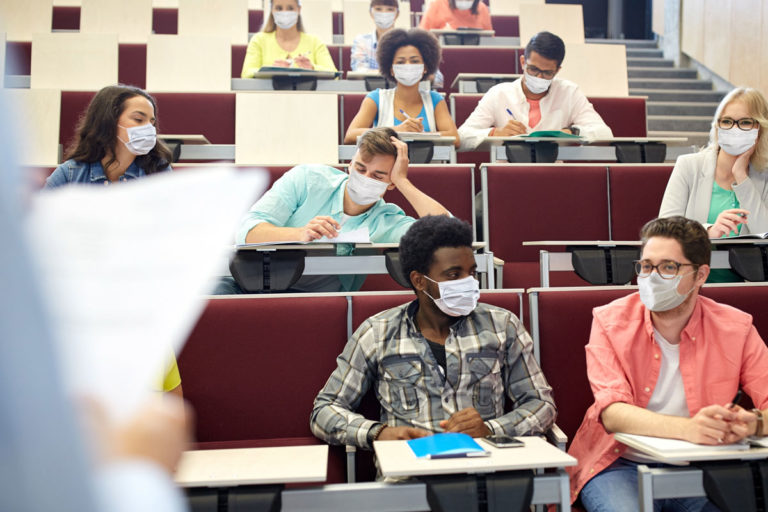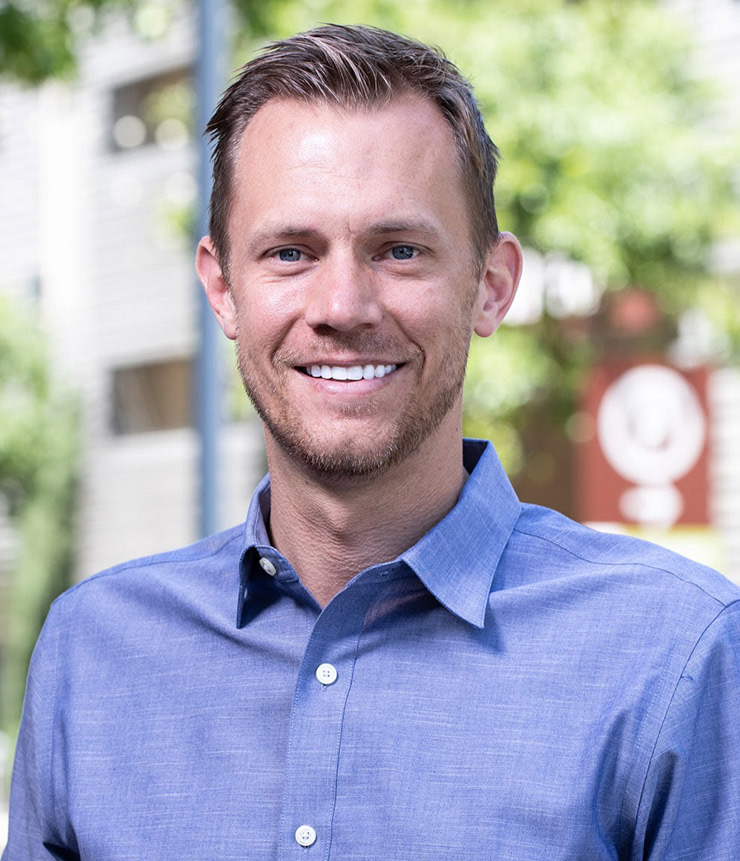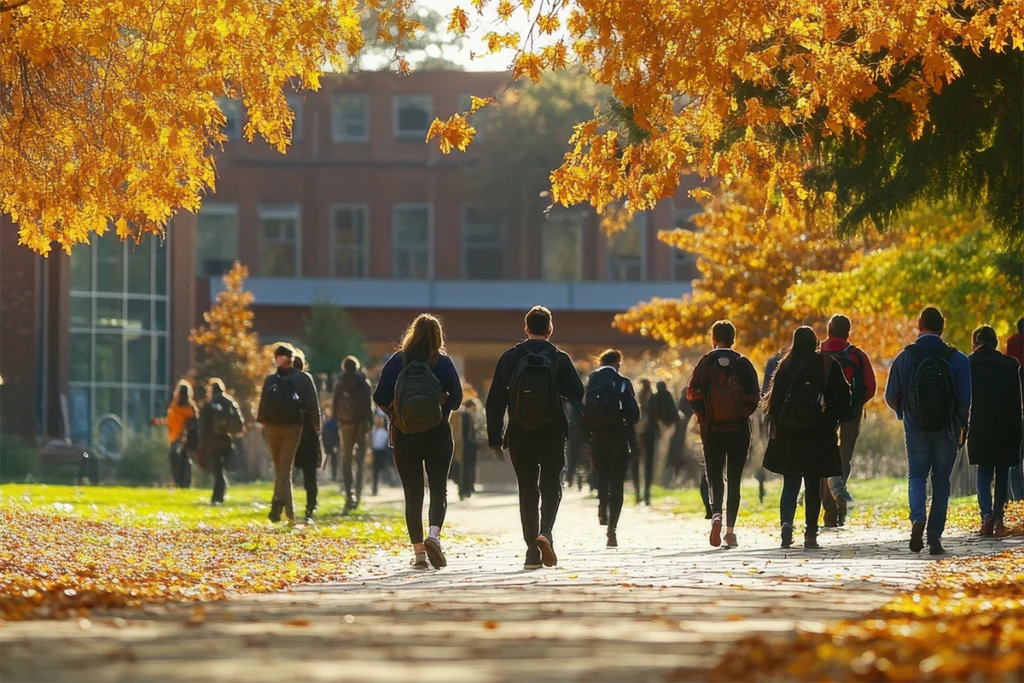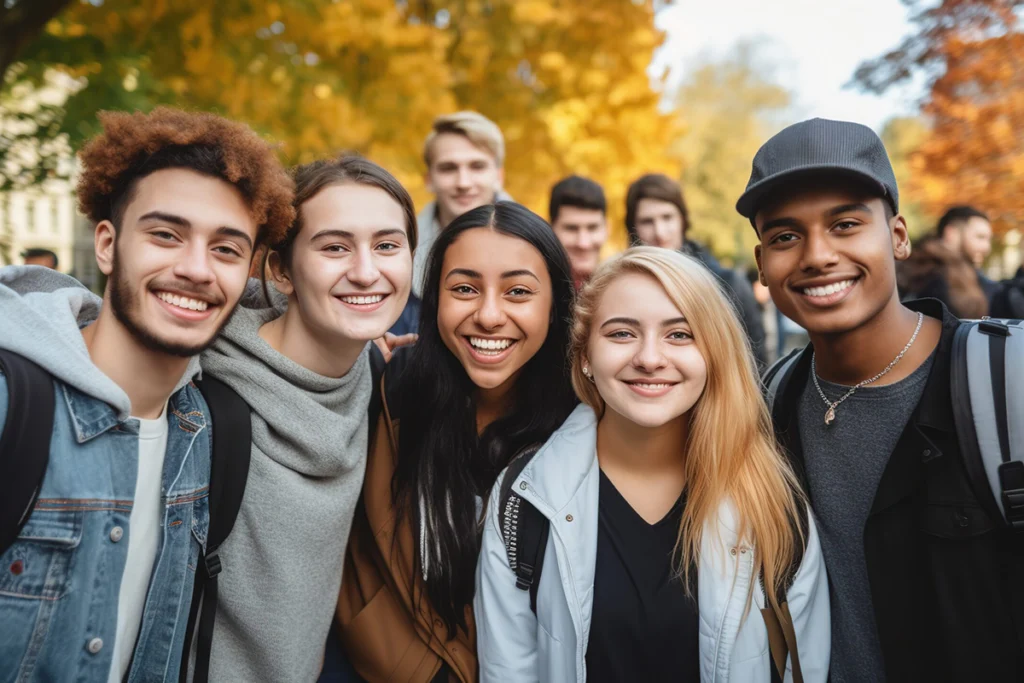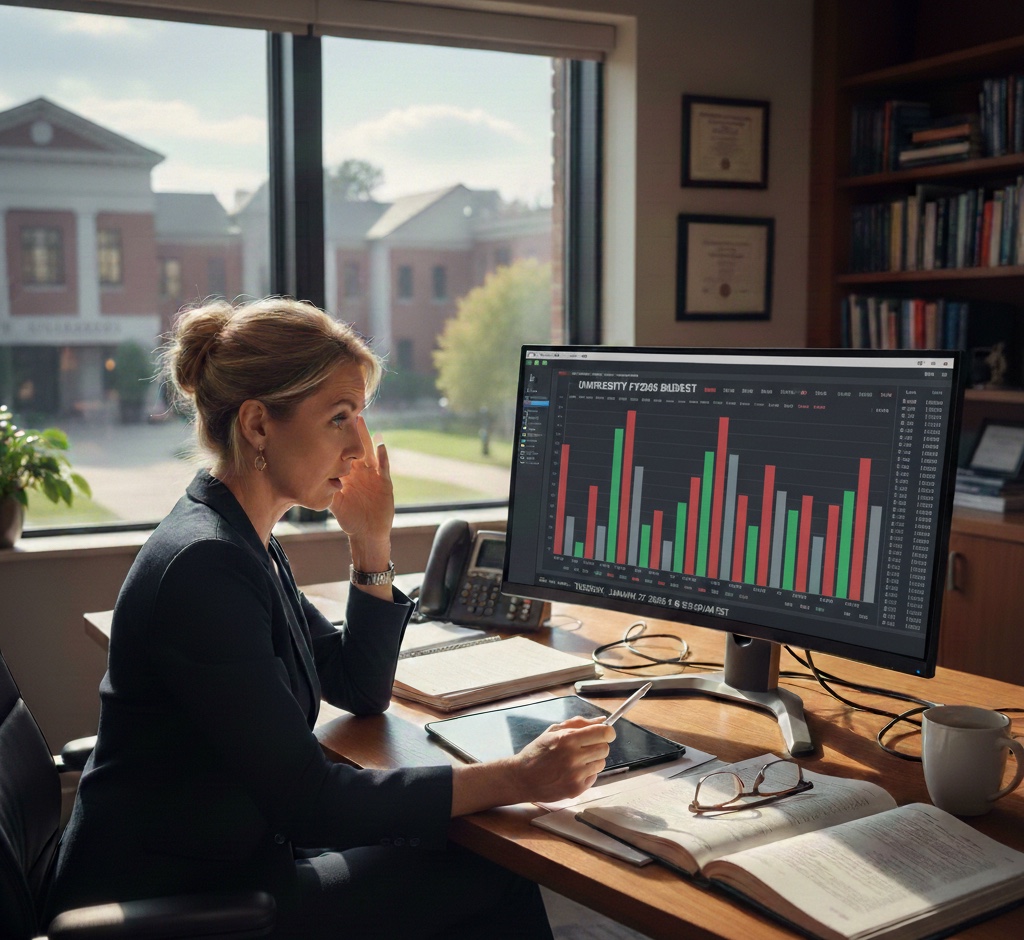Uncertainty continues to plague higher ed institutions, as the pandemic, a national reckoning over racial injustices and an economic recession impact campuses and student well-being across the country. It’s with these things in mind that The Chronicle of Higher Education hosted a virtual forum, with support from TimelyCare, featuring a panel of mental health experts from Paul Quinn College, Syracuse University, North Carolina State University and Loyola University New Orleans. These campuses represent a diverse set of student populations and span the gamut in their responses to COVID-19 this semester.
The forum’s timely discussion – occurring on the same day that Inside Higher Ed published a lengthy story about the expansion of teletherapy services in college counseling centers – focused on how these institutions approached student mental health under these unique and continually challenging circumstances.
The current impact on student mental health
NC State made headlines in August when it became one of the first institutions to pivot from in-person instruction to virtual learning, sending most students back home. When asked if there was a rise in demand for mental health services this semester, Dr. Monica Osburn, executive director of the North Carolina State University Counseling Center, noted that the campus was seeing demand come in sporadic waves. Mondays are a particularly high-demand day for counseling services, as students are often isolated and lonely after a weekend of not being able to engage in activities because of the pandemic’s impact.
Dr. Corey Wallack, executive director health and wellness at Syracuse University (where classes are occurring in-person and online), shared that social distancing requirements on campus are making it harder to connect in traditional ways. However, he said that because a majority of campus clinical services are virtual, that students are getting to know their mental health providers in a “more intimate way” because of the new counseling environment.
Sarah Brown, forum moderator and Chronicle senior reporter, asked if Loyola University New Orleans’ high touch approach had been impacted by this semester’s circumstances. Asia Wong, LCSW-BCAS, director of student affairs and student health services at Loyola, said that her campus is reaching out to students via multiple channels, not just student affairs. “Physical and mental health wellbeing require everyone’s input,” said Wong.
At Paul Quinn College, students are still getting used to the idea of mental health support because the mental health program was established less than five years ago, according to Mental Health Clinic Director Dr. Stacia’ Alexander. With all classes online this semester, many challenges arose that the college has had to overcome in reaching students. However, her message to students regarding mental health is simple: “This is the time you need to reach out to us. This is why we’re here,” said Dr. Alexander.
Breaking down barriers to wellness
Colleges and universities are getting creative this semester to reach students, keep them engaged and support their well-being. From virtual support groups and educational social media campaigns to socially distanced activities and on-campus safe spaces for counseling appointments, higher ed is thinking outside the box to care for students’ mental health. One critical piece for many campus counseling centers has been the integration of virtual care through telehealth, as Greta Anderson at Inside Higher Ed recently reported.
When the pandemic began in the spring, many institutions had to navigate complicated state licensure requirements as students left campus. It’s these licensure limitations that led Johns Hopkins University to partner with TimelyCare, according to Dr. Kevin Shollenberger, vice provost for student health and well-being.
“It helps us in reaching a broader group of students that we might not be reaching through our traditional counseling services,” Shollenberger told Inside Higher Ed. “We have been surveying students to get a sense of their experiences … I’ve been struck by the number of students who said that if we didn’t have TimelyCare in place, they wouldn’t have reached out.”
Paul Quinn College, which is also a TimelyCare campus, is actively reaching out to students in a variety of ways to make them aware of the available resources and support. “We reiterate with them to access services with TimelyCare, especially those who are [out of state],” said Dr. Alexander.
How telehealth supports students well-being
Telehealth services support students in critical ways, by eliminating wait times, offering after-hours care and allowing them to select providers who they feel they can connect with. Over the last five months, Johns Hopkins has had more than 1,000 mental health counseling visits through TimelyCare — nearly one quarter of which were after hours. Now more than ever, there is a need to enhance access to mental health services, according to Dr. Alan Dennington, chief medical officer at TimelyCare.
“Before the pandemic, schools perceived telehealth as more of a luxury — something that they thought they would have more time to research and implement,” said Dr. Dennington. “When COVID-19 came along, it became more of an imperative — something that schools felt like they needed to have. They saw the need and benefit.”
Loneliness and anxiety were significant drivers of mental health issues for college students before COVID-19, according to Dr. Dennington. Research by TimelyCare discovered that 85% of college students were experiencing increased stress and anxiety during COVID-19, but only 21% of students had sought emotional support. These statistics revealed that many students dealing with mental health issues were going through that alone and without support.
“One thing that telehealth does for students is it provides access — no matter where you are,” said Dr. Dennington. “We’re seeing an expanded use case of students accessing mental health support who might not have otherwise accessed care.”
As demand for student mental health services rises, schools will have to evaluate how to handle the need for mental health care. Telehealth as an extension of on-campus services enables a higher volume of students to access care, and frees counseling centers and clinics to focus on higher acuity situations where in-person care is required.
If you’re interested in finding out how telehealth can support the physical and mental health needs of your students, contact TimelyCare.
Click here to view The Chronicle of Higher Education’s virtual forum on “Campus Well-being During a Continuing Crisis.”
